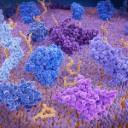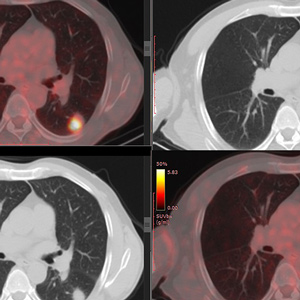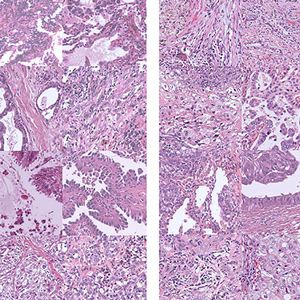Treatment
-
When Cancer’s Spread Is Limited
People with cancer that has spread to only a few locations—called oligometastatic cancer—may benefit from aggressive local treatment.
by Kate Yandell
-
Facts and Stats
The Five Phases of Clinical ResearchNew treatments in the U.S. are scrutinized in various ways before and after they are approved by the Food and Drug Administration.
by Bradley Jones
-
Immunotherapy Indications Withdrawn
In recent months, drugmakers have announced they are withdrawing indications for four immune checkpoint inhibitors in consultation with the Food and Drug Administration. What does this mean for patients who are taking these drugs?
by Anna Goshua
-
Patient Advocates Tune in for Precision Medicine Primer
Scientists and physicians discussed advances in targeted therapies and immunotherapies, as well as the lessons COVID-19 research has taught to cancer researchers.
by Kevin McLaughlin
-
Immunotherapy Options for Breast Cancer
Two immune checkpoint inhibitors are now approved for treatment of some people with advanced breast cancer, but trial results have raised some questions.
by Anna Goshua
-
Are Liquid Biopsies Ready for the Clinic?
Sophisticated blood tests offer a less invasive way to characterize cancers, guide treatment and catch recurrences sooner, but tissue biopsies remain the gold standard.
by Kendall K. Morgan
-
Forward Look
Scanning DisparitiesWhether lung cancer patients receive PET scans depends on race, according to a study.
by Ashley P. Taylor
-
Forward Look
Doing More With LessHypofractionation may allow patients to finish radiation treatment sooner.
by Stephen Ornes
-
Forward Look
What’s Next? Winter 2020/2021Using deep learning to detect tumor mutations.
by Christina Bennett
-
Multiple Myeloma: Choosing Your Path
New therapies provide hope and options for people as they monitor and manage this incurable blood cancer.
by Tara Haelle














